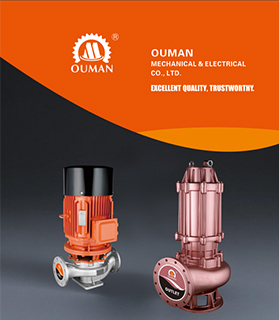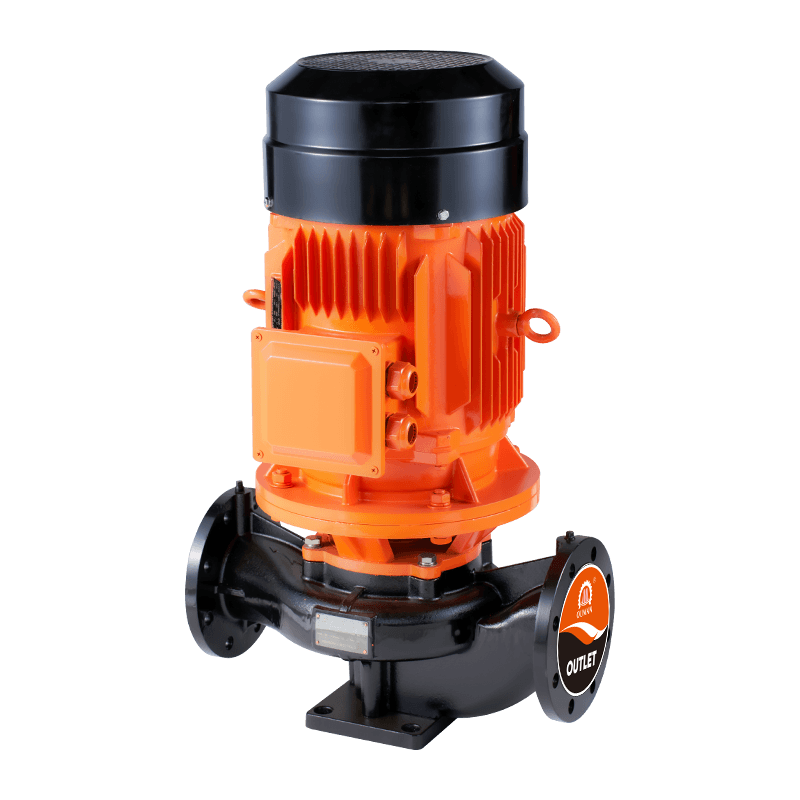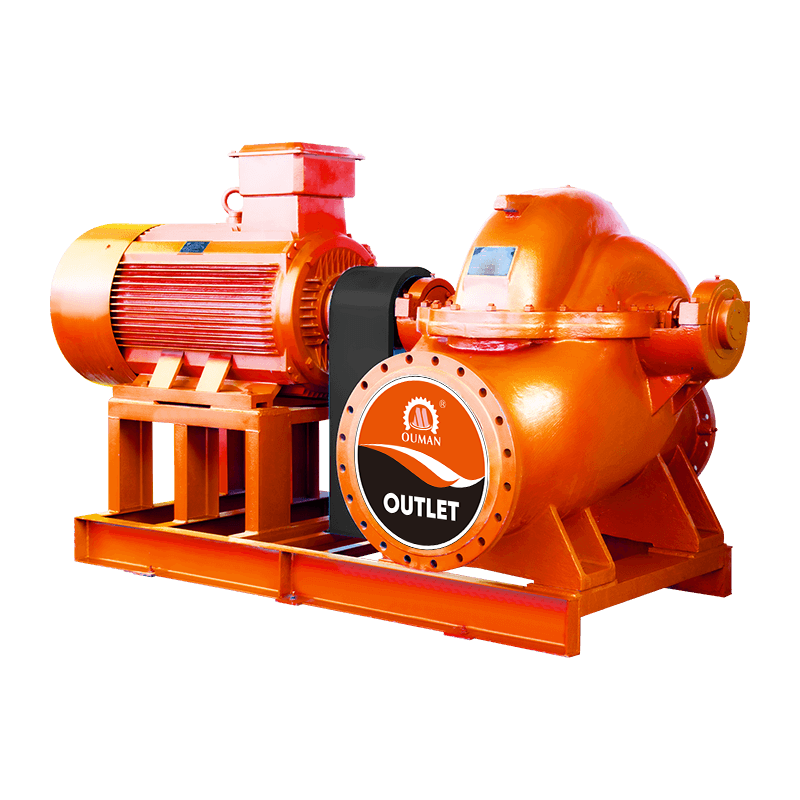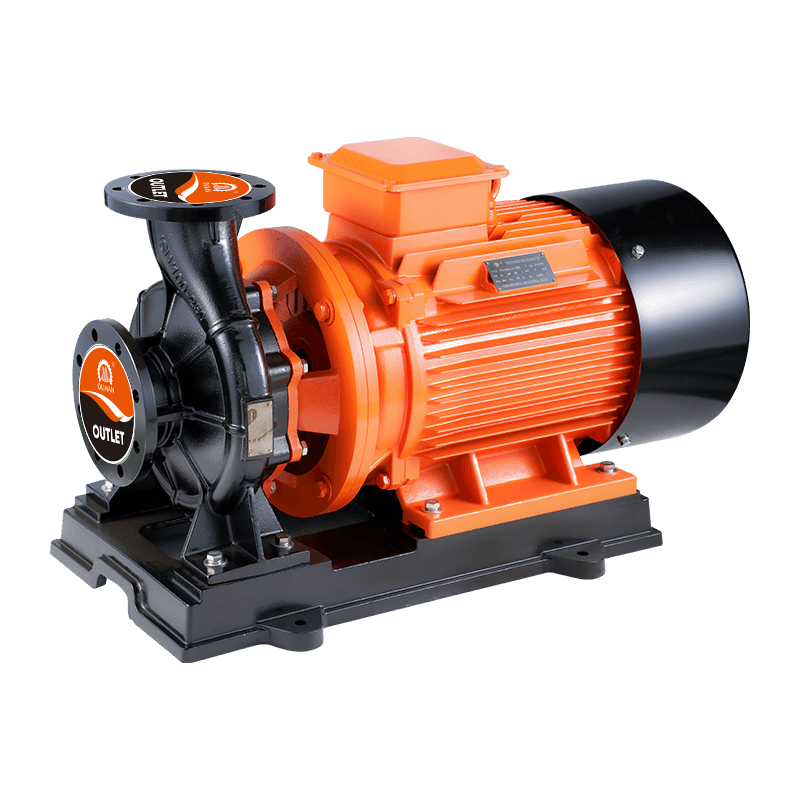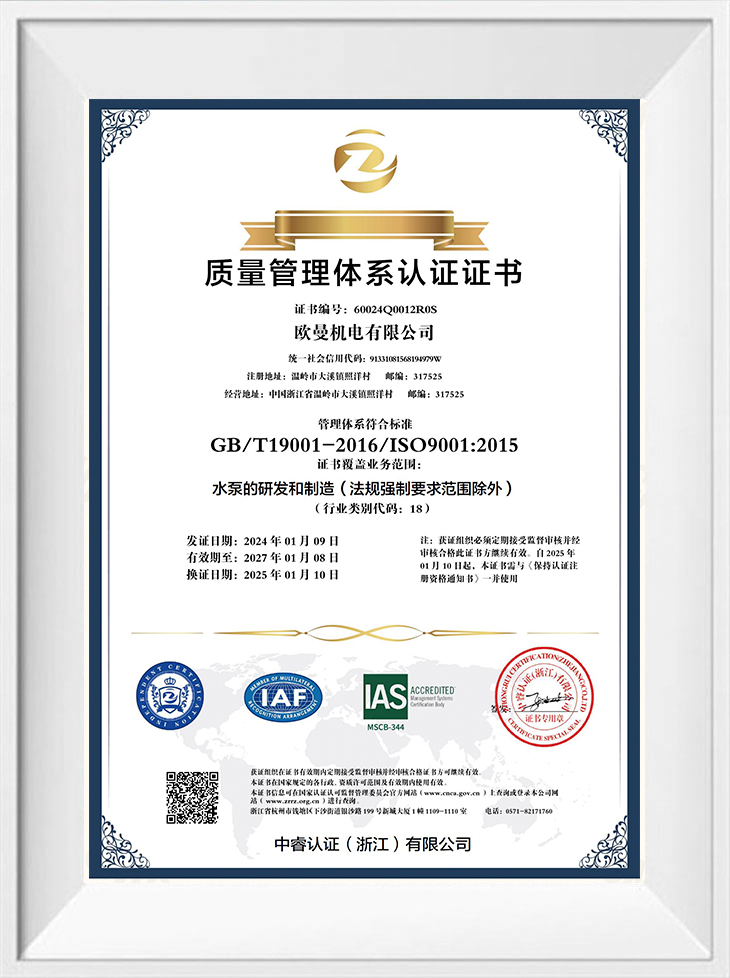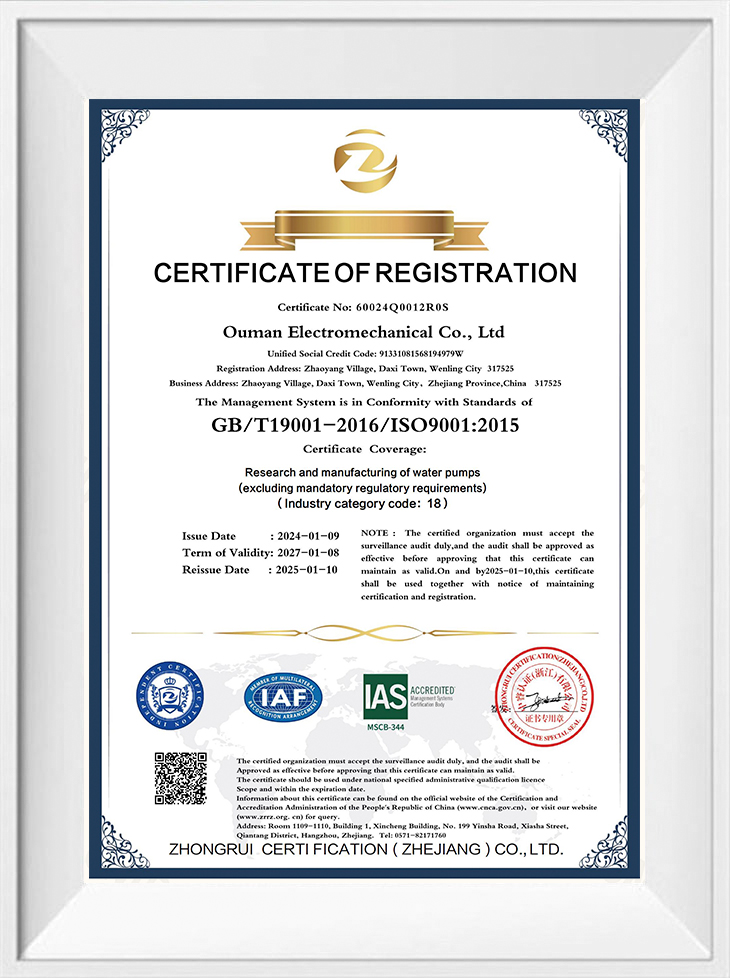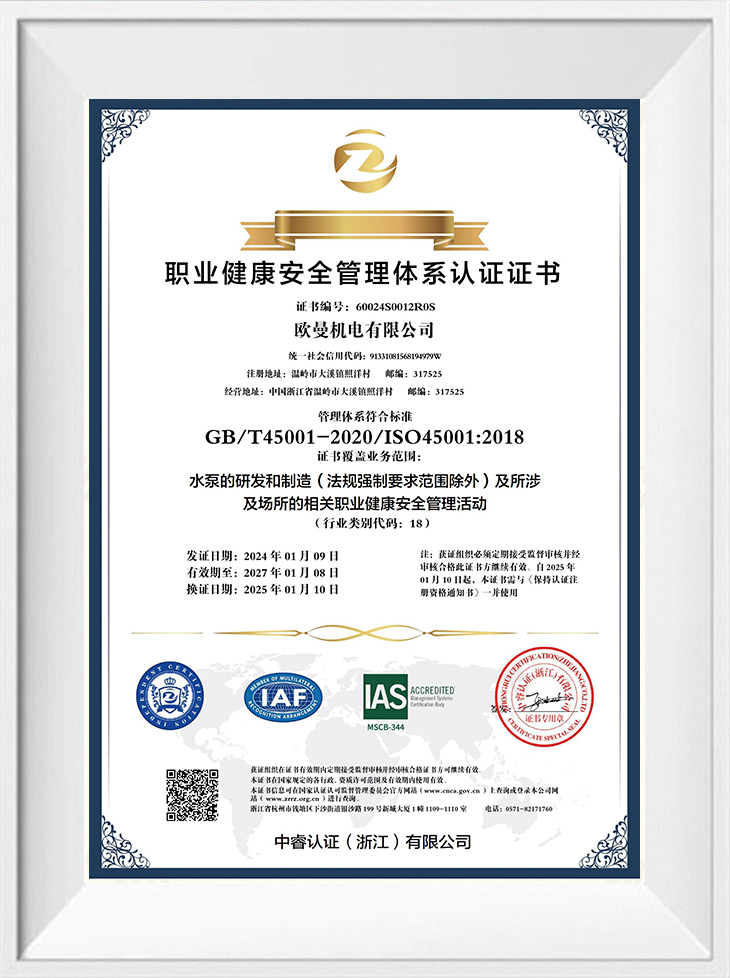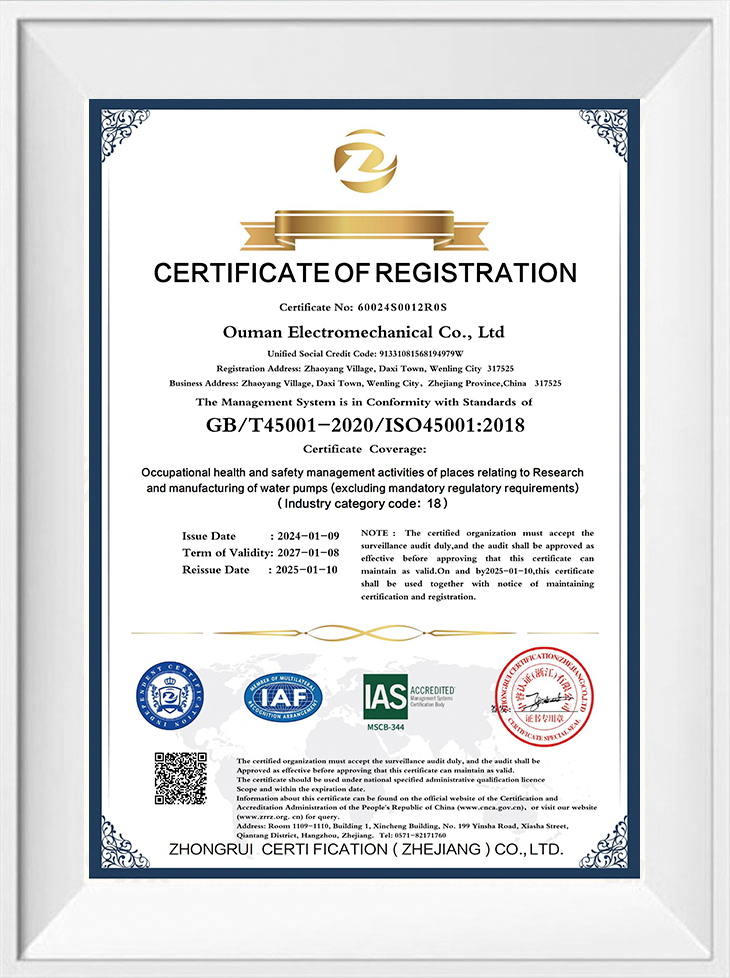The Pipeline Pump is a critical component in many industries, designed specifically to move fluids through pipelines with high efficiency and reliability. Whether transporting water, chemicals, oil, or gas, these pumps are engineered to handle various types of fluid delivery systems.
Advantages
High Efficiency and Energy Savings
One of the primary advantages of the pipeline pump is its high efficiency in transporting fluids over long distances. The pump is designed to minimize energy consumption, offering significant savings in operational costs. Its ability to move large volumes of fluid with minimal power makes it ideal for continuous and high-demand operations, reducing overall energy costs for industries that rely on large-scale fluid transport.
Reliable and Consistent Performance
Pipeline pumps are known for their consistent and reliable performance. Designed for continuous operation, these pumps can operate for extended periods without significant wear or loss in efficiency. This makes them an essential component for industries where uptime and smooth fluid flow are critical, such as in oil and gas pipelines or water distribution systems.
Versatility in Fluid Handling
These pumps are capable of handling a wide range of fluids, from clean water to viscous, abrasive, or corrosive chemicals. This versatility is particularly useful for industries like chemical processing, oil and gas, and wastewater treatment, where different fluids need to be transported through the same pipeline system.
Durability and Low Maintenance
Pipeline pumps are built to last, with materials that can withstand conditions, including high pressures and temperatures. Their robust construction and low-maintenance design ensure long-term reliability, reducing downtime and the frequency of repairs or replacements. This durability is essential in industries where downtime can guide to costly disruptions.
Adaptability to Various Pipeline Sizes and Systems
These pumps can be customized to fit different pipeline sizes and configurations. This adaptability makes them suitable for use in a wide range of applications, from small residential water systems to large industrial pipelines. Their flexibility in installation and integration allows for seamless operation in various settings.
Applications
Water Distribution Systems
One of the common applications of pipeline pumps is in municipal water supply and distribution systems. These pumps are used to transport water from reservoirs, treatment plants, or wells to consumers in urban, rural, and industrial areas. Their high flow rate and reliability make them ideal for ensuring a continuous and stable water supply to large populations.
Oil and Gas Industry
Pipeline pumps are integral to the oil and gas industry, where they transport crude oil, refined petroleum products, and natural gas over long distances through pipelines. The ability to handle various liquids, from low-viscosity to highly viscous crude oil, makes these pumps indispensable in ensuring the efficient and safe transfer of these fluids across extensive networks.
Chemical Processing
In the chemical industry, pipeline pumps are used to move corrosive, flammable, or hazardous chemicals between various processing units. The pump’s ability to safely handle such materials is crucial for maintaining a safe working environment and ensuring the uninterrupted flow of chemicals throughout the production process.
Wastewater and Sewage Treatment
In wastewater management, pipeline pumps are essential for transporting raw sewage, treated water, and sludge between various stages of treatment. These pumps are designed to handle high volumes of water mixed with solids, ensuring that the wastewater treatment process is efficient and effective, even in large-scale municipal or industrial treatment plants.
Agricultural Irrigation
For agricultural applications, pipeline pumps are used to transport water from natural sources such as rivers, lakes, or wells to irrigation systems. These pumps play a vital role in ensuring the consistent supply of water to crops, especially in regions facing water scarcity or where irrigation infrastructure is complex.
Features
High Pressure and Flow Rate Capabilities
Pipeline pumps are engineered to operate efficiently under high-pressure conditions, ensuring they can transport fluids over long distances or through complex pipelines with multiple branches. They are capable of maintaining high flow rates, which makes them essential for industries requiring large volumes of fluid to be moved quickly and continuously.

 English
English русский
русский عربى
عربى